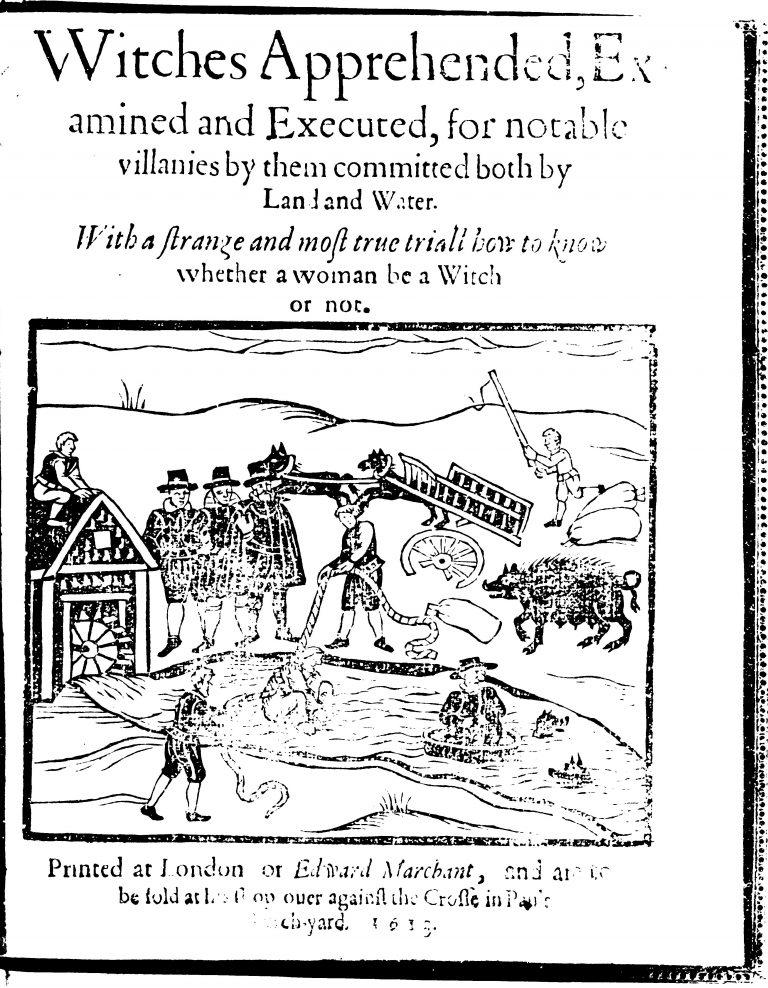
I am currently working on two different projects. One I imagine as a relatively short book, a spin-off from my engagement with literary scholars, that I call Shakespeare was Shakespeare. I have long been intrigued by the Shakespeare authorship controversy; while a wide range of people espouse alternative candidates for the author of the plays, no historian of Early Modern Britain doubts Shakespeare’s authorship. My book aims to explain this divergence by focusing first on how historians make judgements about evidence, and then what we know about early modern society to make William Shakespeare of Stratford a plausible author for the plays.

The second and more substantial project is a study of patriarchy as a social formation in early modern England. In Gender, Culture and Politics I argued that the ways in which unruly women and failed patriarchs were shamed and disciplined was part of the process of maintaining patriarchal equilibrium, but it became clear to me that historians have not adequately analyzed patriarchy as a social formation. In a recent essay in Gender and History, I have provided a first take on this issue by reframing some of what I did in Gender, Culture and Politics, arguing that the contradictions of patriarchy are critical to the process by which patriarchy both changes and survives. This is a kaleidoscopic project that revisits and reinterprets issues I have explored throughout my career, while engaging new sources and new questions.
Finally, I serve as co-editor (with Professor Paul Monod at Middlebury College) of volume III (1500-1750) of the New Cambridge History of Britain, which we expect to be published in 2025.